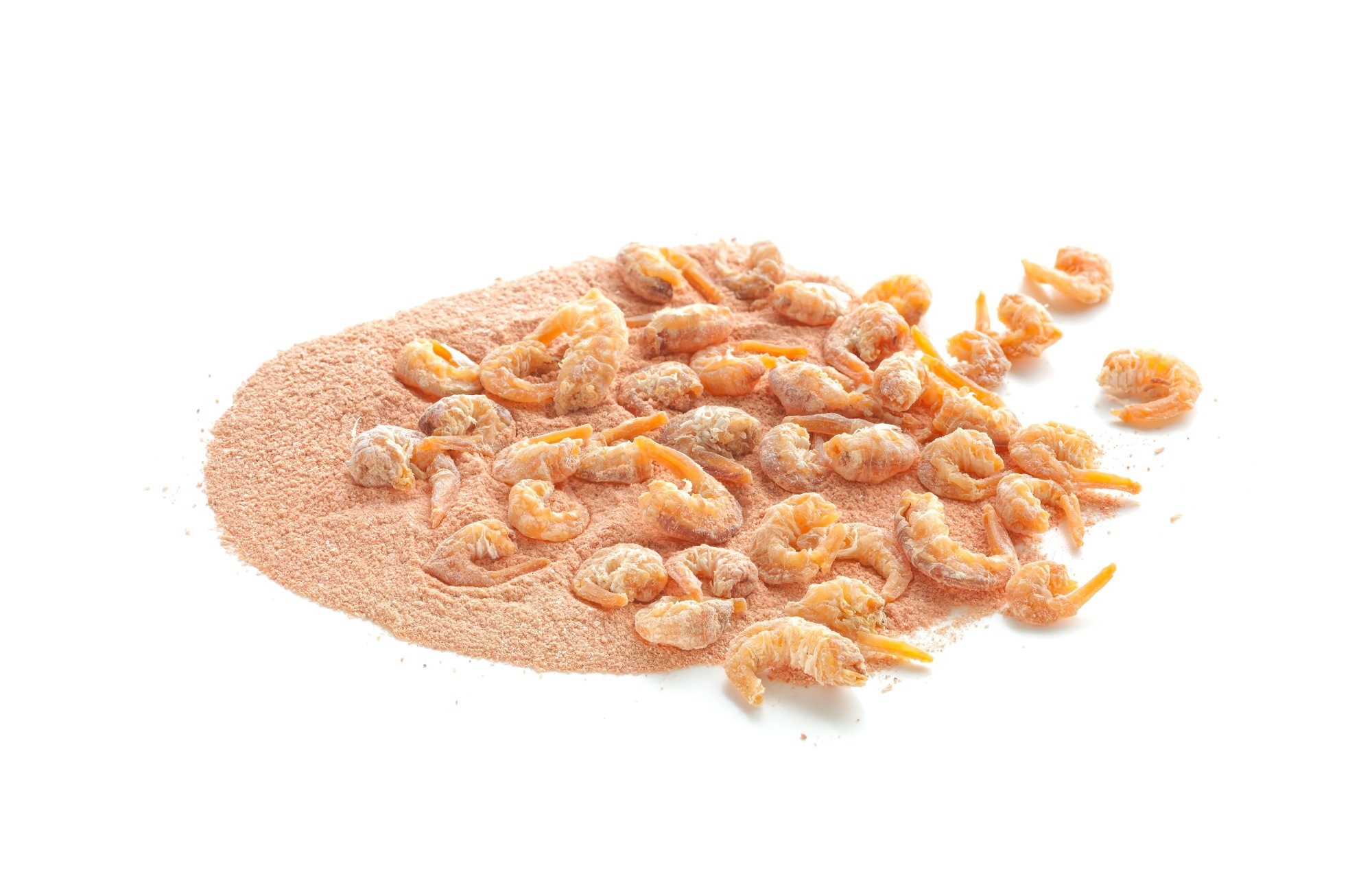A new study shows that chitosan helps rats expel ingested microplastics more efficiently, opening the door to dietary interventions that could reduce the health risks of plastic buildup in the digestive tract.
 Study: Ingesting chitosan can promote excretion of microplastics. Image Credit: EvergreenPlanet / Shutterstock
Study: Ingesting chitosan can promote excretion of microplastics. Image Credit: EvergreenPlanet / Shutterstock
Microplastics in the environment can enter the human body through diet and trigger various health complications. Researchers at Tokai University in Japan found that a non-digestible dietary fiber, chitosan, can promote the fecal excretion of microplastics in rats. The findings are published in the journal Scientific Reports.
Background
Microplastics are tiny plastic fragments with a diameter of 5 millimeters or less. Primary microplastics, which are used as scrubbing agents in facial cleansers and toothpaste, can enter water bodies through household drains and sewage treatment systems. Secondary microplastics, on the other hand, originate from the breakdown of larger plastic materials, such as plastic bags, polyethylene terephthalate bottles, and cigarette filters.
Secondary microplastics are produced in larger quantities in the ocean and substantially impact the homeostasis of the marine ecosystem. Several studies have indicated the presence of secondary microplastics in fish and seafood products, as well as in everyday human food products, such as salt, mineral water, and other beverages.
Microplastics have also been identified in various human organs and feces. The accumulation of these substances in the human body following ingestion has been found to increase the risk of various health complications, including cardiac hypertrophy, myocardial infarction, stroke, atherosclerosis, and gastrointestinal disorders. The paper notes that rapid excretion via the digestive tract is critical.
This highlights the need for developing interventions that can promote the excretion of microplastics through the digestive tract. In this context, non-digestible dietary components, such as indigestible dextrin, lactosucrose, chitosan, and eggshell membrane proteins, may offer potential benefits by remaining in the gastrointestinal tract in an undigested form and modulating the intestinal absorption of digested dietary components.
In this study, Di Liu and Muneshige Shimizu from Tokai University conducted a study in rats to explore whether the ingestion of non-digestible dietary components promotes the fecal excretion of microplastics.
Study design
The study included 30 rats divided into four experimental and one control group. The experimental group rats were fed with indigestible dextrin, lactosucrose, chitosan, or eggshell membrane, mixed with polyethylene microplastics (average particle size of 200 μm) in a standard rodent diet. The control group rats received only polyethylene microplastics in a standard rodent diet.
Fecal samples, blood samples, and internal organs were collected from the rats for biochemical analyses and measurement of microplastics.
Study findings
The microplastic-supplemented diet used in the study resulted in a continuous increase in rat body weight in both experimental and control groups. However, a significant increase in fecal weight was observed from the first day onwards only in rats administered with chitosan. Additionally, the weight of the gastrointestinal tract itself was significantly higher in both the chitosan group and the indigestible dextrin group compared to the control group at the end of the experiment.
The chitosan-fed rats also exhibited significantly higher fecal excretion rate of microplastics throughout the experimental period (one week) compared to other experimental and control rats. Notably, the calculated fecal excretion rate for the chitosan group over 144 hours was 115.6% ± 4.5%. The paper suggests that this figure exceeding 100% likely stems from methodological limitations, such as not analyzing the entire fecal sample, indicating a need for further refinement of measurement techniques.
Regarding gastrointestinal retention of microplastics, rats fed chitosan exhibited a significantly lower rate compared to those in the control group (6.1% vs 12.1%). The paper noted that MPs remaining in the gut were found mainly in the cecum.
Furthermore, during this 1-week experiment, no significant differences were observed in plasma total cholesterol (T-cho) and triglyceride (TG) levels among any of the groups, including the control group receiving MPs.
Study significance
This study is the first of its kind to demonstrate that chitosan, a non-digestible dietary fiber, can facilitate rapid fecal excretion of ingested microplastics in rats. Specifically, the study finds that chitosan, when mixed with microplastics in a standard rodent diet, can increase fecal excretion and reduce intestinal retention of microplastics.
Previous studies investigating the effect of chitosan on the fecal excretion rate of oil have shown that this high-molecular-weight non-digestible dietary fiber forms gel aggregates with oil and bile salts, which in turn facilitate higher oil excretion.
Regarding the mode of action of chitosan, existing evidence suggests that it dissolves in gastric juices and becomes a positively charged dietary fiber that binds to negatively charged bile acids in the gastrointestinal tract. Besides chemical interactions, chitosan has been found to bind to its substrate through physical interactions as well.
These observations may explain the mode of action of chitosan, which is associated with higher fecal excretion of microplastics. However, polyethylene microplastics used in this study are nonpolar in nature, which makes it unlikely that they will have strong chemical interactions with chitosan based on charge. Further research is needed to understand the mode of action and the effect of chitosan on different types and sizes of microplastics.
The lower intestinal retention rate of microplastics observed in this study further highlights the highest influence of chitosan on fecal microplastic excretion compared to other non-digestible dietary components tested. Given a previous observation that chitosan is excreted into feces by binding to cholesterol in the gastrointestinal tract, the researchers hypothesize that chitosan absorbs microplastics and cholesterol, subsequently facilitating their fecal excretion.
Notably, the study finds that approximately 12% of microplastics remain in the gastrointestinal tract, primarily the cecum, even after seven days of ingestion in the control group. Chitosan-mediated fecal excretion of microplastics can, therefore, serve as a promising intervention to reduce health adversities associated with prolonged intestinal presence of microplastics.